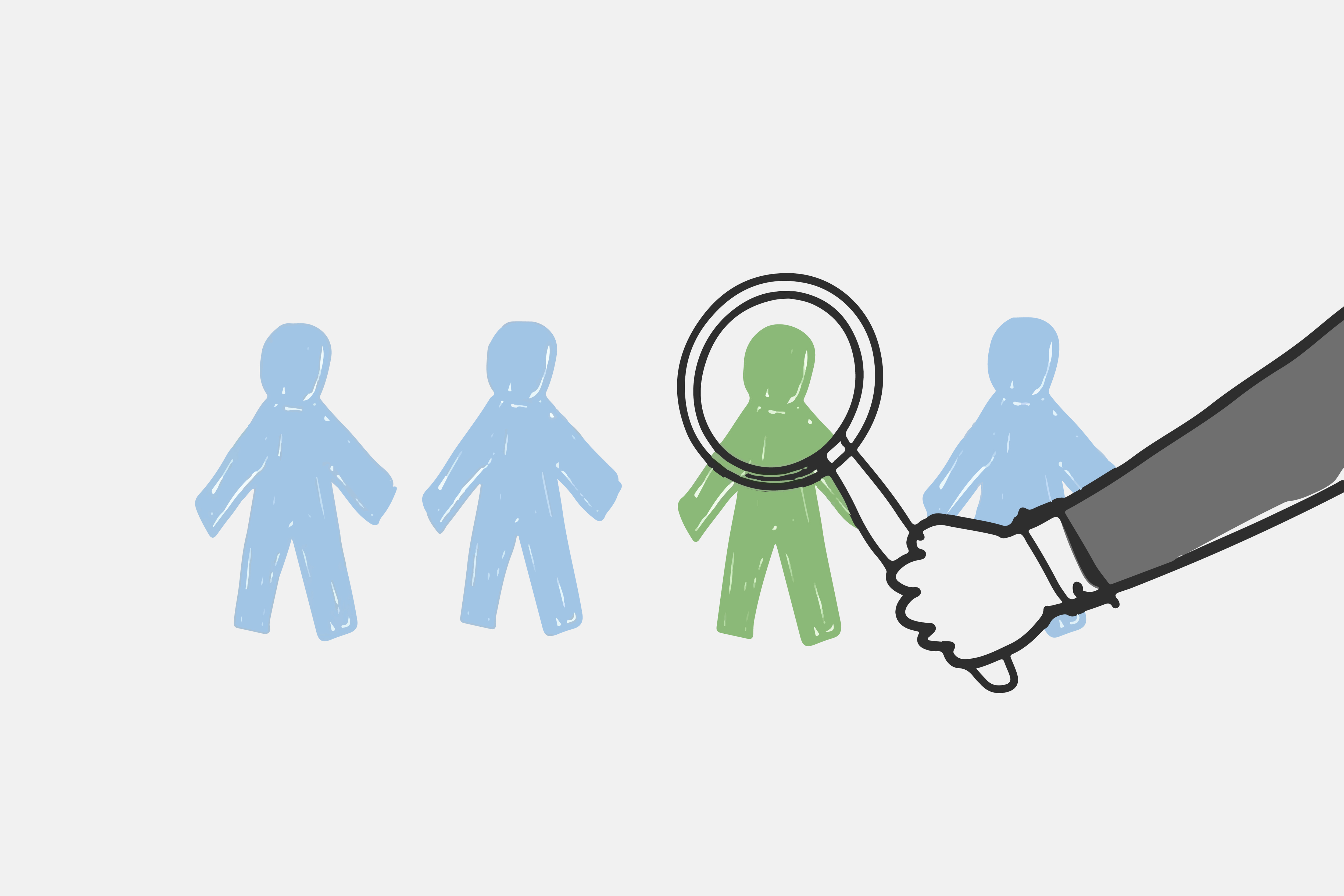The Easiest Way to Ace Your Next Behavioural Interview
- Candidates
"Tell me about a time when..."
When it comes to interviews, employers want to get to know you — how your experiences have shaped you and how you respond to certain situations. Preparing for behavioural-based interview questions is essential to making a great impression. Taking the time to craft a strategy that includes all the necessary elements for success is key. Having a plan that reflects your personality and shares your unique strengths and motivations can really help you stand out. It's important to take the time to prepare and show your genuine self to employers.
While the STAR method (Situation, Task, Action, Result) has been a go-to framework, we've got our own twist with SOAR (Story, Options, Action, Results). This approach focuses on the whole story rather than just specific circumstances, aligning your behaviour with the values and competencies of the company.
Story - The first step of SOAR is to tell a compelling story that sets the scene for the interviewer. These stories should captivate the interviewer's attention and clearly illustrate your skills and achievements. Instead of rigidly following a formulaic STAR structure, the SOAR method encourages you to focus on storytelling. Share engaging narratives that paint a picture of the situation, what was the context, who was involved, and what made it challenging.
Options - Next, showcase your critical thinking skills by discussing the various options you considered. Explain the challenges you faced and the different paths you contemplated. This will demonstrate your thought process and collaboration skills. It’s also important to show that you not only had good ideas, but also the ability to listen to others. What were your thoughts at the time? What factors were influencing your decision-making? Even if an option didn’t work as planned, focusing on the thought process of how you came to your decision can demonstrate your problem-solving and critical thinking skills.
Action - Now, explain what you did, how you did it, and why you choose that option. Use detail to show the interviewer how you approached each step of the process. Be sure to take ownership of your actions and decisions, and explain how you arrived at your final decision. Emphasise your thought process, resourcefulness, and adaptability.
Results & Impact - Finally, discuss the results and impact of your actions, including quantitative results when possible. If you led a team to a successful project outcome, provide figures for revenue generation or cost reduction. If you improved a process, give specific examples of how it was enhanced and its impact on team productivity or customer satisfaction. But don't stop there; go beyond the immediate results and highlight the broader impact. Emphasise how your actions positively influenced the team or company, showcasing your ability to drive meaningful change and create lasting value.
Behavioural interviews can be an excellent opportunity for you to showcase your skills and experience. We suggest taking some time to think about your recent work experiences and generate examples that you can leverage during your interview. By using our SOAR framework, you can tell a compelling story that provides context for your actions, articulates your decision-making process, and showcases tangible examples of your impact. Be sure to practice ahead of time so that you feel confident sharing them during the interview.
Best of luck! If you need any more help getting ready for your next interview, feel free to reach out to either me or Chris.


